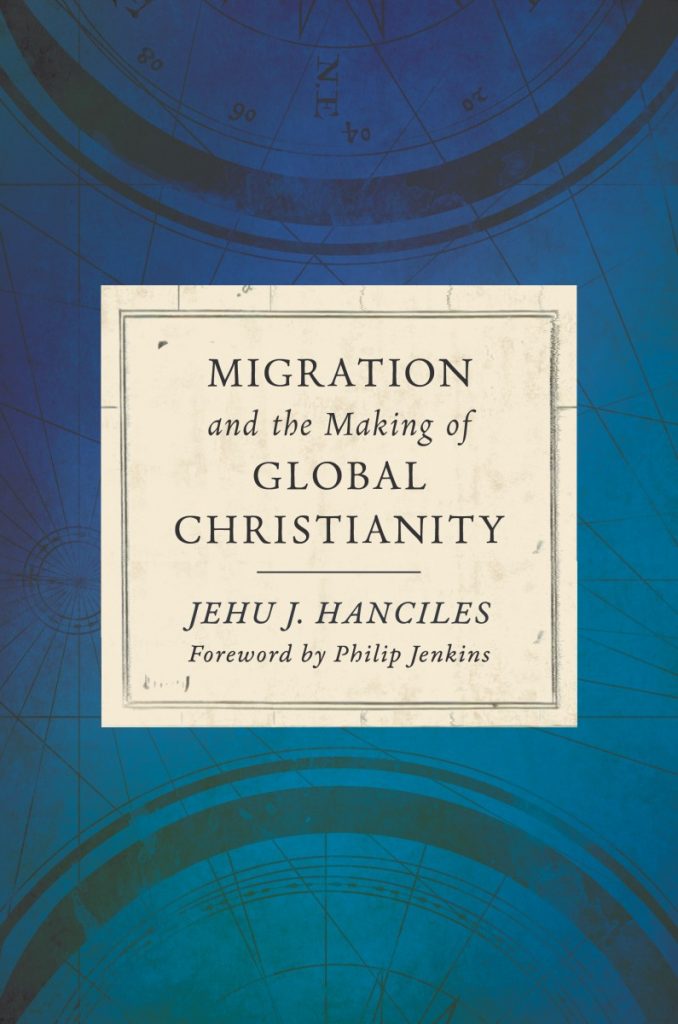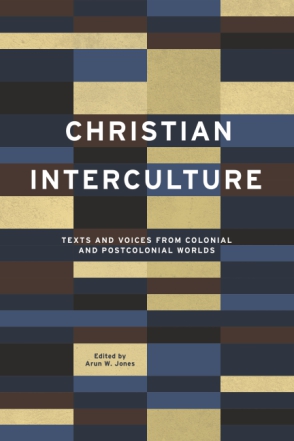
Jehu J. Hanciles
D.W. and Ruth Brooks Professor of World Christianity; Director of the World Christianity Program.
A magisterial sweep through 1500 years of Christian history with a groundbreaking focus on the missionary role of migrants in Christianity’s spread
Human migration has long been identified as a driving force of historical change. Building on this understanding, Jehu Hanciles surveys the history of Christianity’s global expansion from its origins through 1500 CE to show how migration—more than official missionary activity or imperial designs—played a vital role in making Christianity the world’s largest religion.
Church history has tended to place a premium on political power and institutional forms, thus portraying Christianity as a religion disseminated through official representatives of church and state. But, as Hanciles illustrates, this “top-down perspective overlooks the multifarious array of social movements, cultural processes, ordinary experiences, and non-elite activities and decisions that contribute immensely to religious encounter and exchange.”
Hanciles’s sociohistorical approach to understanding the growth of Christianity as a world religion disrupts the narrative of Western preeminence, while honoring and making sense of the diversity of religious expression that has characterized the world Christian movement for two millennia. In turning the focus away from powerful empires and heroic missionaries, Migration and the Making of Global Christianity tells the story of how every Christian migrant is a vessel for the spread of the Christian faith in our interconnected world.

Arun W. Jones
Dan and Lillian Hankey Associate Professor of World Evangelism; Director of the Master of Theology Program
Despite the remarkable growth of Christianity in Africa, Asia, and Latin America in the twentieth century, there is a dearth of primary material produced by these Christians. This volume explores the problem of writing the history of indigenous Christian communities in the Global South.
Many such indigenous Christian groups pass along knowledge orally, and colonial forces have often not deemed their ideas and activities worth preserving. In some instances, documentation from these communities has been destroyed by people or nature. Highlighting the creative solutions that historians have found to this problem, the essays in this volume detail the strategies employed in discerning the perspectives, ideas, activities, motives, and agency of indigenous Christians. The contributors approach the problem on a case-by-case basis, acknowledging the impact of diverse geographical, cultural, political, and ecclesiastical factors.
This volume will inspire historians of World Christianity to critically interrogate—and imaginatively use—existing Western and indigenous documentary material in writing the history of Christianity in Asia, Africa, the Americas, and Oceania.
In addition to the editor, the contributors to this volume include J. J. Carney, Adrian Hermann, Paul Kollman, Kenneth Mills, Esther Mombo, Mrinalini Sebastian, Christopher Vecsey, Haruko Nawata Ward, and Yanna Yannakakis.
